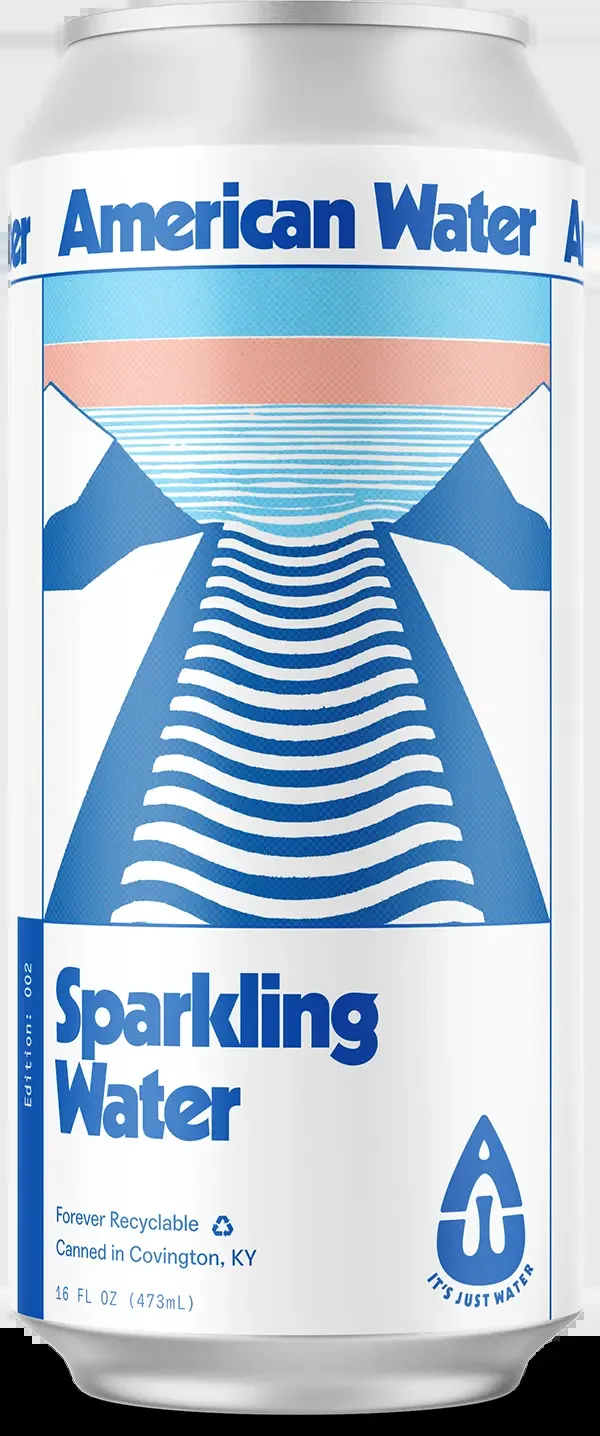Article Directory
Two Utility Giants Are Merging. Guess Who's Getting Screwed?
So, American Water and Essential Utilities are getting married. The official news, American Water, Essential Utilities announce merger, details an all-stock deal to create a $40 billion monster that will control the water for nearly 20 million people across 17 states. The press release, offcourse, is a masterpiece of corporate poetry, full of phrases like "enhanced scale," "operational efficiency," and "superior customer service."
Give me a break.
I’ve seen this movie before, and it never ends well for the little guy. When two behemoths like this decide to merge, they aren’t doing it out of a deep, abiding love for providing you with clean, affordable water. They're doing it for the shareholders. They're doing it to create a company so massive it can swallow smaller competitors, lobby politicians into submission, and slowly, inevitably, squeeze every last cent out of its captive audience. And you, my friend, are the captive audience.
The new entity, which will keep the blandly patriotic name "American Water," is promising the moon. No rate hikes tied to the merger! No changes for employees! Union contracts will be honored! It all sounds so comforting, so reassuring. It’s the corporate equivalent of a wolf putting on a sheep costume and promising it’s just here to help with the shearing. How long do you think those promises last once the deal closes in 2027 and the new 15-member board starts looking for ways to justify this whole expensive exercise to Wall Street?
The Gospel of "Synergy"
Let's deconstruct the PR-speak, shall we? American Water’s CEO, John Griffith, who will conveniently remain CEO of the new megacorp, said the merger will "support continued investment in our critical infrastructure." That’s the classic line. It’s like a landlord promising to fix the leaky roof after he doubles your rent. They’ve been responsible for investing in infrastructure all along. Why does it suddenly require a $40 billion merger to do the job they were supposed to be doing anyway?
And then there's my favorite corporate buzzword: efficiency. This is a bad word. No, "bad" doesn't cover it—this is a five-alarm dumpster fire of a word when it comes from a boardroom. "Efficiency" is just a six-syllable word for "layoffs." It means consolidating call centers, cutting maintenance crews, and finding cheaper, probably worse, ways to do things. The goal isn’t to make your service better; it’s to make their balance sheet look prettier.

This whole thing is like watching two giant, slow-moving blobs merge in a petri dish. From a distance, it’s a fascinating display of corporate biology. But if you’re one of the little bacteria—one of the customers or a mid-level employee in the Pittsburgh office—you’re about to be absorbed and digested. They promise the Bryn Mawr and Pittsburgh offices will "maintain a strong operational presence." What does that even mean? Is it a guarantee, or is it just the corporate equivalent of saying "we'll keep the lights on until we figure out how to shut them off without a fuss"? This ain't their first rodeo.
The stock market seems to agree with my skepticism. On the day of the announcement, shares of both companies dropped. The people whose entire job is to bet on financial outcomes took one look at this deal and said, "Nah, I'm good." When even Wall Street, the high temple of corporate consolidation, gets a little queasy, you know something smells off. Maybe it's the stagnant water.
Don't Worry, Your Bill is Safe (For Now)
The promise of "no change in customer rates tied to the merger" is the most insulting part of this whole charade. It’s a carefully worded lie of omission. Sure, they won't add a line item to your bill that says "Merger Fee: $5.00." But what happens in 2028, a year after the deal closes? When the new, "more efficient" American Water goes before the public utility commissions in 17 different states and argues that due to "unforeseen infrastructure costs" and "market realities," they simply must raise rates?
The regulators will be facing a company with a market cap of $40 billion and an army of lawyers and lobbyists. What chance does a state-level commission really have? This merger isn’t about today’s rates; it’s about cornering the market to control tomorrow’s. They are building a monopoly in plain sight, and they’re using our own complacency to do it. We’re so used to these mega-mergers in tech and media that we barely blink when it happens to something as fundamental as the water coming out of our taps.
And what about Essential's other big business, Peoples Natural Gas? American Water says it will "review strategic options" for its non-water businesses. Translation: They're going to sell it for parts. They want the water customers, the pipes, the infrastructure. The gas business is just an asset to be stripped and sold to the highest bidder, likely another private equity firm that will gut it for short-term profit. So much for the "synergy" of combining these two great companies.
I just get tired of it all. The endless cycle of consolidation, the empty promises, the slow erosion of service while prices climb. We're told it's progress, that it's the only way to fund the future. But it feels more like we're all just passengers on a train that's being disassembled for scrap while it's still moving, and the conductor is telling us to admire the efficiency of the process. I guess we’re supposed to be grateful that they’re leaving the wheels on until the last possible second...
Same Water, Bigger Pipe Dream
Let's be real. This merger isn't for us. It's not for the employees who will be sweating their job security for the next two years, and it's certainly not for the millions of people who just want to turn on their faucet without worrying about the bill. This is a power play, plain and simple. It's about creating a utility so big it becomes "too essential to fail," a quasi-governmental entity with none of the accountability. They're not building a better water company; they're building a bigger bank. And we're all going to be making the deposits.



